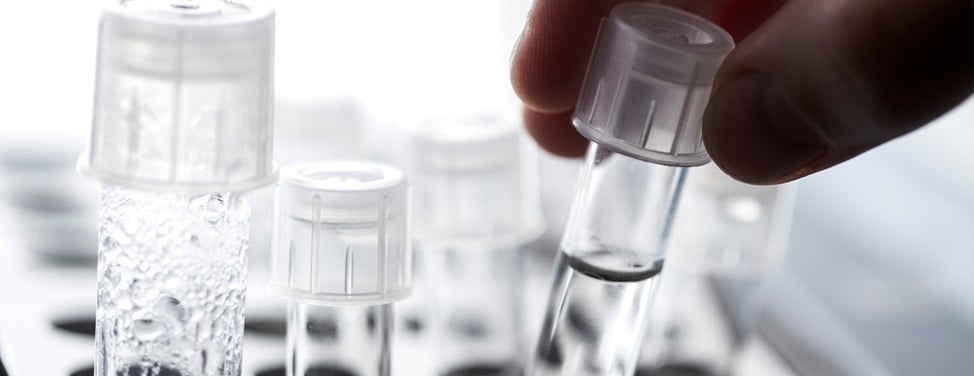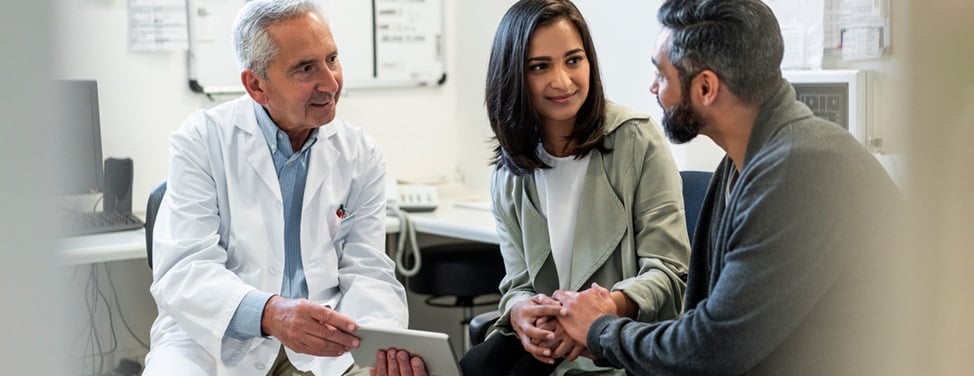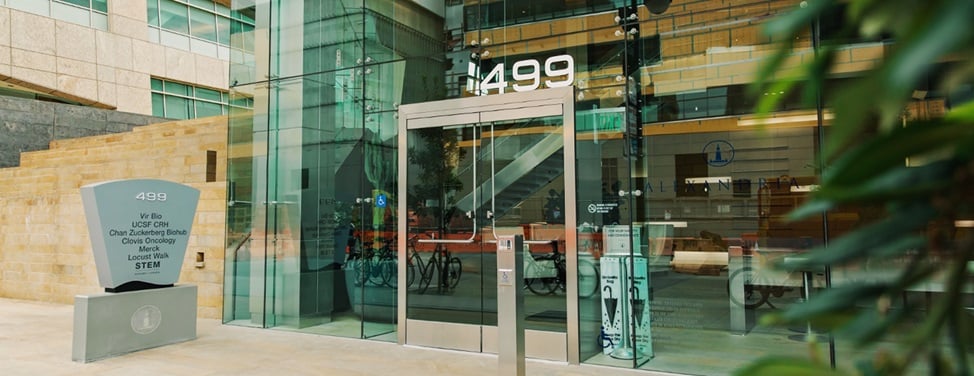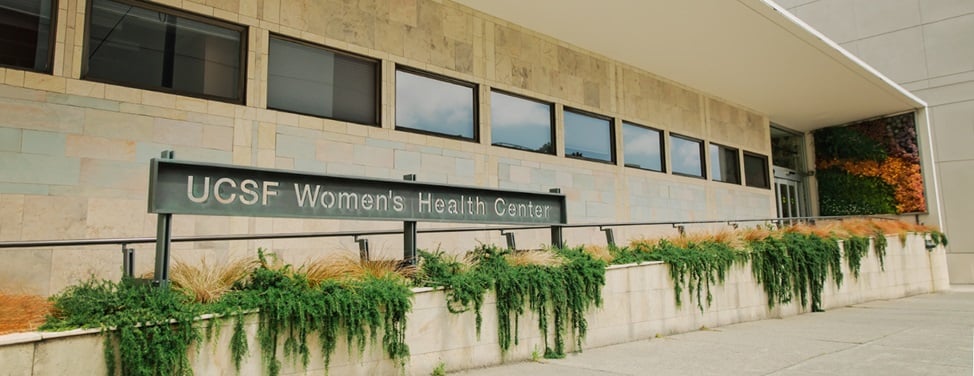
Egg Donation Process for Recipients
The process for receiving donor eggs
Consultation
The first step is an evaluation with one of our reproductive endocrinologists, who will explain your treatment options and help you thoroughly understand them. If you decide to proceed with receiving donor eggs, your doctor will tell you how to prepare. The doctor will also perform a medical evaluation and physical exam to ensure that a pregnancy wouldn't jeopardize your health.
Recipient preparation
To optimize the chance of success, your doctor will order tests to identify any correctable abnormalities that could interfere with fertilization or implantation. These tests include a saline sonogram of the uterus (an ultrasound study to detect uterine abnormalities), basic blood tests (assessing numbers and types of certain blood cells, blood type and thyroid function) and a detailed analysis of the semen that will be used. We also make sure you're up to date on recommended health screenings, such as Pap smears and, for women over 40, mammograms.
Though women in their 40s achieve high success rates with donor eggs, the risks related to pregnancy increase as women approach 50. If you're 45 or older, we require additional testing to ensure you begin pregnancy in optimal physical condition. This includes a screen for diabetes; an electrocardiogram (EKG) to assess heart health; and clearance by a perinatologist, an obstetrician who specializes in high-risk pregnancies.
As part of your preparation, you will meet with our psychologist to discuss your plans regarding use of egg donation and to review the decisions you face now and will face in the future related to having a child from egg donation.
Donor selection
Choosing a donor is an important step in the process and a uniquely personal decision. We have resources to assist you, including a psychologist with expertise in fertility and family building.
You may choose a donor from the UCSF Center for Reproductive Health's in-house donor pool or from an outside agency. You may also wish to work with a known donor, such as a relative, friend or acquaintance. Your reproductive endocrinologist can help you determine whether your known donor is a good candidate.
If you're working with our in-house donor pool, our ovum donor coordinator will arrange a time for you to view donor profiles. You'll have access to information about the donor's background, medical history, education level and family history. You'll have the option of viewing photographs of the donors. Our in-house donors have undergone extensive screening, and we'll explain any relevant findings from that process, which includes genetic screening and testing, mental health screening, infectious disease results and physical findings.
Once you've chosen a donor, the donor coordinator will confirm that she's free to go through the egg donation process during the time period requested. Information about your donor will then be given to your doctor and nurse coordinator, and your cycles will be synchronized.
If you select a donor from an outside agency, the agency will send information about the donor to our office for cycle coordination.
For more information, see our FAQ on how we screen and select donors.
Synchronization
The donor and recipient's cycles must be synchronized, so that the recipient's uterine lining will be ready for implantation when the donor's eggs are retrieved and fertilized. This is usually accomplished by administering birth control pills.
When the cycles are in sync, the donor takes medications to stimulate the maturation of a group of eggs. She's then monitored by means of ultrasound and blood tests for 10 to 14 days, until the eggs are ready to be retrieved. Meanwhile, you are taking medications to prepare your uterine lining for embryo implantation.
Egg retrieval and embryo transfer
Once the donor's eggs reach maturity, egg retrieval is scheduled. Your partner or sperm donor will provide a sperm sample on the retrieval day for insemination of the eggs. When the embryos reach the proper stage for transfer – usually day three after insemination – you will return to the clinic for their transfer to your uterus.
We typically recommend transferring one or two embryos from donor cycles. You and your doctor will discuss and decide how many embryos to transfer. The transfer of a single embryo reduces the risk of twins. Additional high-quality embryos from the cycle can be frozen and preserved to use at another time.
Deciding to use ovum donation
While some women find that using donor eggs is a wonderful way to conceive, deciding whether to pursue it can be difficult. Patients often reach this decision over time, after much thought about what becoming a parent means to them. Couples and individuals may consider other options, including adoption or not having children. Our psychologist is available to help you work through your thoughts and feelings about your options.
UCSF Health medical specialists have reviewed this information. It is for educational purposes only and is not intended to replace the advice of your doctor or other health care provider. We encourage you to discuss any questions or concerns you may have with your provider.










